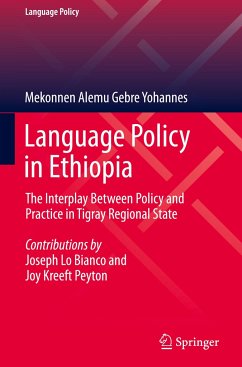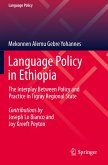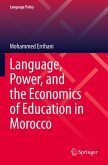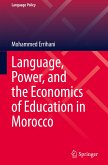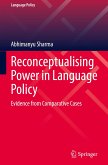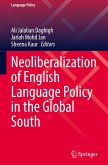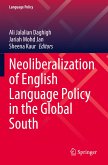This book examines the interplay and tensions between hegemonic and counter-hegemonic language policy and processes in Tigray, a regional state of Ethiopia, in the period of pre- and post-1991. Viewing language use and language policy as dynamic social and ideological processes, the book presents Ethiopia as an example of language policy creation and implementation over time, in a highly volatile political context. The case of Ethiopia is unique in that different language policies and practices were put in place as the country's leaders changed through political takeovers. Declared language policies were not always implemented, and those implemented were often protested. The book starts with an overview and review of language policy and planning, followed by a chapter on the history of such planning in Ethiopia. It then presents the methodology used for the study, and examines the appropriation of hegemonic LPP, patterns of resistance, schools and public sites as centers of resistance,and the emergence and development of specific patterns of language use in different regions of the country. The book ends with recommendations for future research, and draws the overall conclusion that since LPP is a dynamic and multilayered contextual process, official or de facto language policy is often undermined by overt or covert unofficial language policies, ideologies, mechanisms, and agents that result in different patterns of language use.
"The book provides insightful explorations of the variables, processes, and actors that influence how and why language policies and practices in Ethiopia form, persist and change over time. ... this volume is sure to pique the curiosity of anybody who has an interest in LPP scholarship. The author is successful in achieving the study's goal." (Merih Welay Welesilassie, Language Policy, Vol. 22 (1), 2023)
"Each chapter has its own set of references ... . This book would appeal to all those interested in LPP in a contemporary federal African state. It provides an in-depth and well-documented case-study and highlights the tensions and contradictions between declared principles and the difficult process of implementation of language policies." (Alessandro Bausi, Language Problems and Language Planning, Vol. 45 (3), 2021)
"Each chapter has its own set of references ... . This book would appeal to all those interested in LPP in a contemporary federal African state. It provides an in-depth and well-documented case-study and highlights the tensions and contradictions between declared principles and the difficult process of implementation of language policies." (Alessandro Bausi, Language Problems and Language Planning, Vol. 45 (3), 2021)

